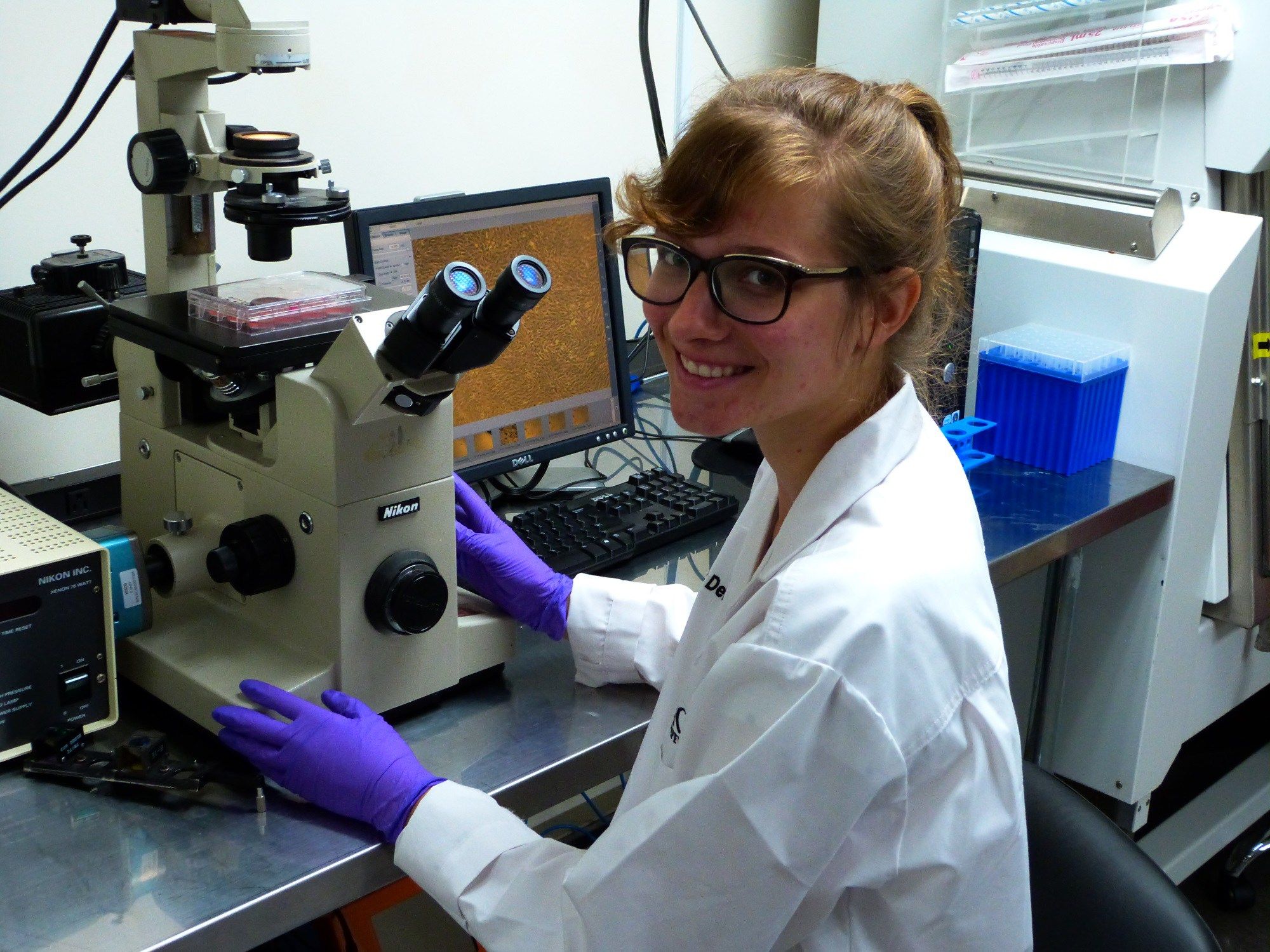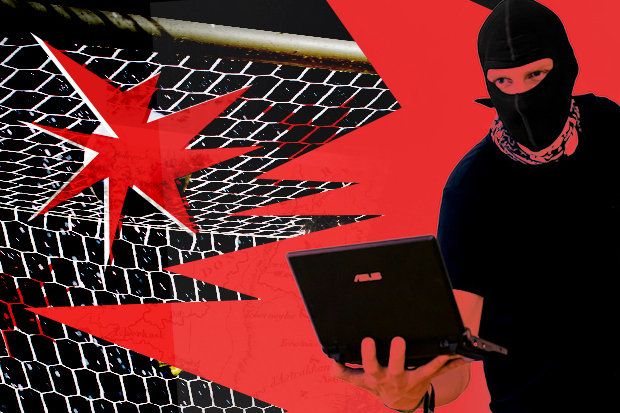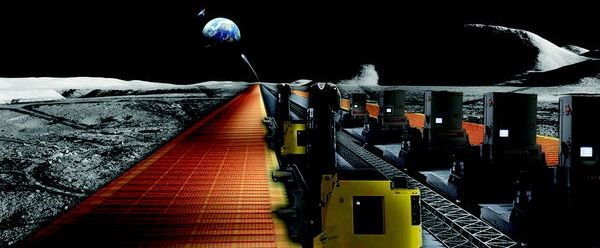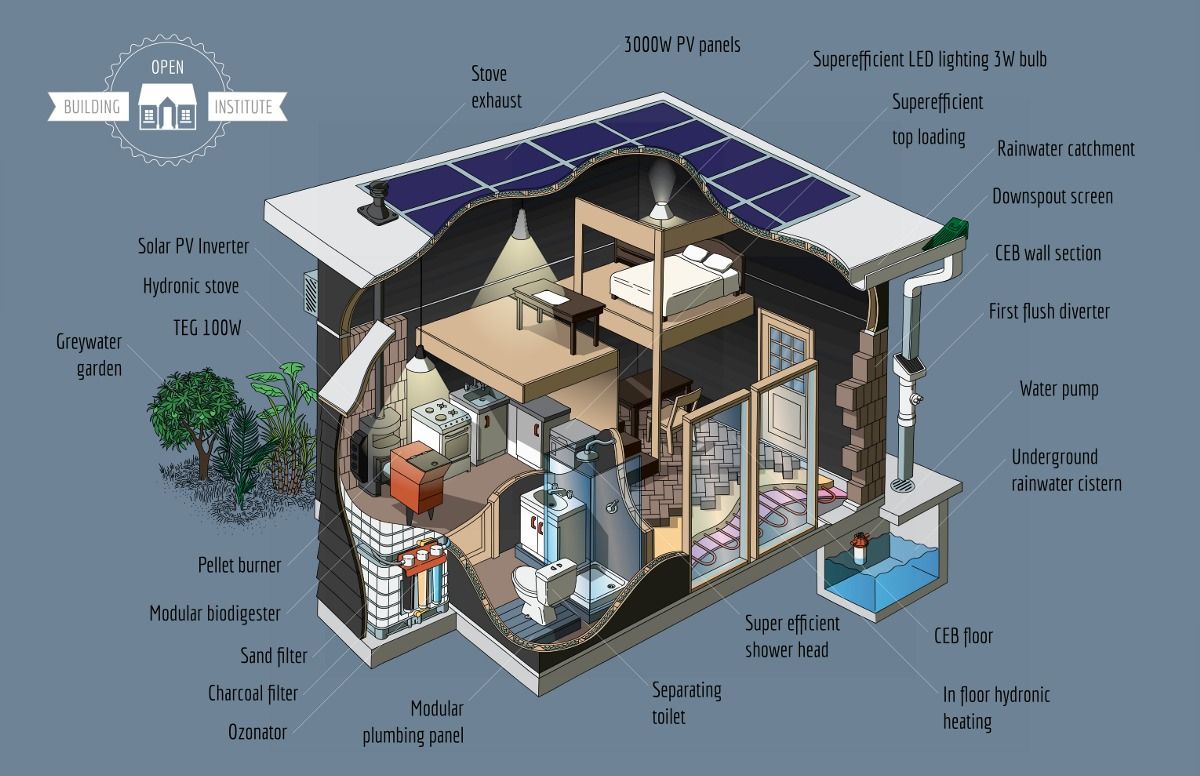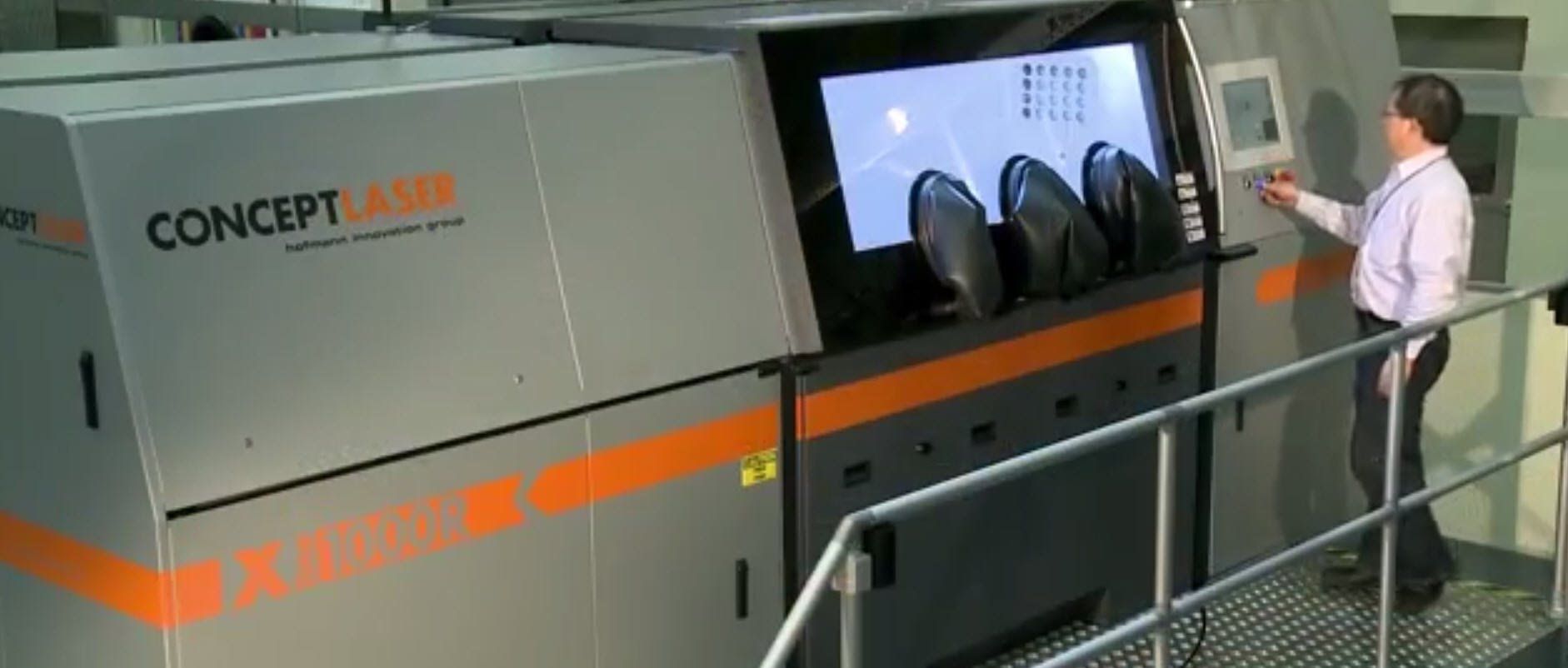Aug 31, 2016
Methuselah Foundation Fellowship Award Winner Tackles Research in Macular Degeneration
Posted by Steve Hill in categories: biotech/medical, chemistry, education, mathematics
Our friends at the Methuselah Foundation are working on macular degeneration.
Typically, a fellowship and participation in a research study to cure a major disease would occur years after completing undergrad, possibly even after earning a PhD. But Jennifer DeRosa is not a typical student.
As early as high school, DeRosa was already in the lab, conducting research in plant biotechnology at the College of Environmental Science and Forestry (SUNY-ESF) before graduating valedictorian from Skaneateles High School. As a freshman student at Onondaga Community College, she continued to develop skills in molecular biology, analytical chemistry, and cell biology. She logged over 1,600 hours in academic and industry laboratories while maintaining a perfect 4.0 GPA, completing her associate’s degree in Math and Science in only one year.
